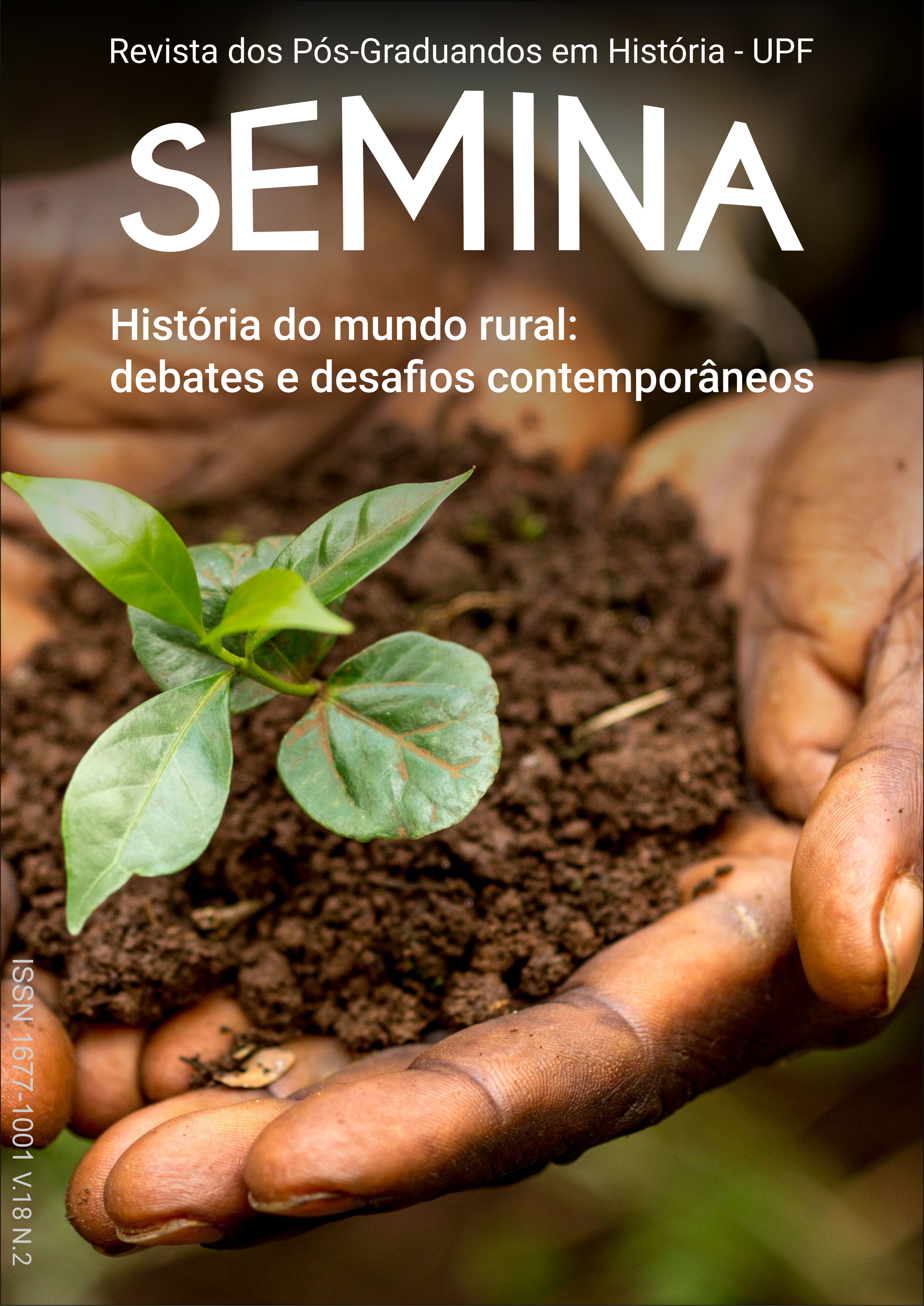Family farming in public irrigation projects: analysis of policy and collective action among farmers in the Médio Vale do São Francisco (Brasil)
Abstract
The research investigated experiences of family farmers in public irrigation projects, analyzing them from the concept of collective action. The main elements that interfere with the results are: the farmers' organization processes, the government's actions and the rural technical assistance. These aspects were analyzed from data collected in the interviews with the social actors involved, mainly farmers. The results showed that the organizational processes are able to have an relevant role while they have potential to strengthen the collective and individual actions into the process of production and commercialization. Therefore, in a general way, the farmer‘s organization produce results with a limited goal and they show themselves unstable in relation to the development of the activities which they propose themselves to develop.
Keywords: Rural development. Access to land. Agricultural production.
Downloads
Downloads
Published
Issue
Section
License
Autores que publicam nesta revista concordam com os seguintes termos:
- Autores mantêm os direitos autorais e concedem à revista o direito de primeira publicação, com o trabalho simultaneamente licenciado sob a Licença Creative Commons Atribuição 4.0 Internacional – CC-BY que permitindo o compartilhamento do trabalho com reconhecimento da autoria do trabalho e publicação inicial nesta revista.
- Autores têm autorização para assumir contratos adicionais separadamente, para distribuição não-exclusiva da versão do trabalho publicada nesta revista (ex.: publicar em repositório institucional ou como capítulo de livro), com reconhecimento de autoria e publicação inicial nesta revista.
- Autores têm permissão e são estimulados a publicar e distribuir seu trabalho online (ex.: em repositórios institucionais ou na sua página pessoal), a qualquer ponto antes ou durante o processo editorial, já que isso pode gerar alterações produtivas, bem como aumentar o impacto e a citação do trabalho publicado, de acordo ainda com a democratização científica prevista pela Ciência Aberta.





